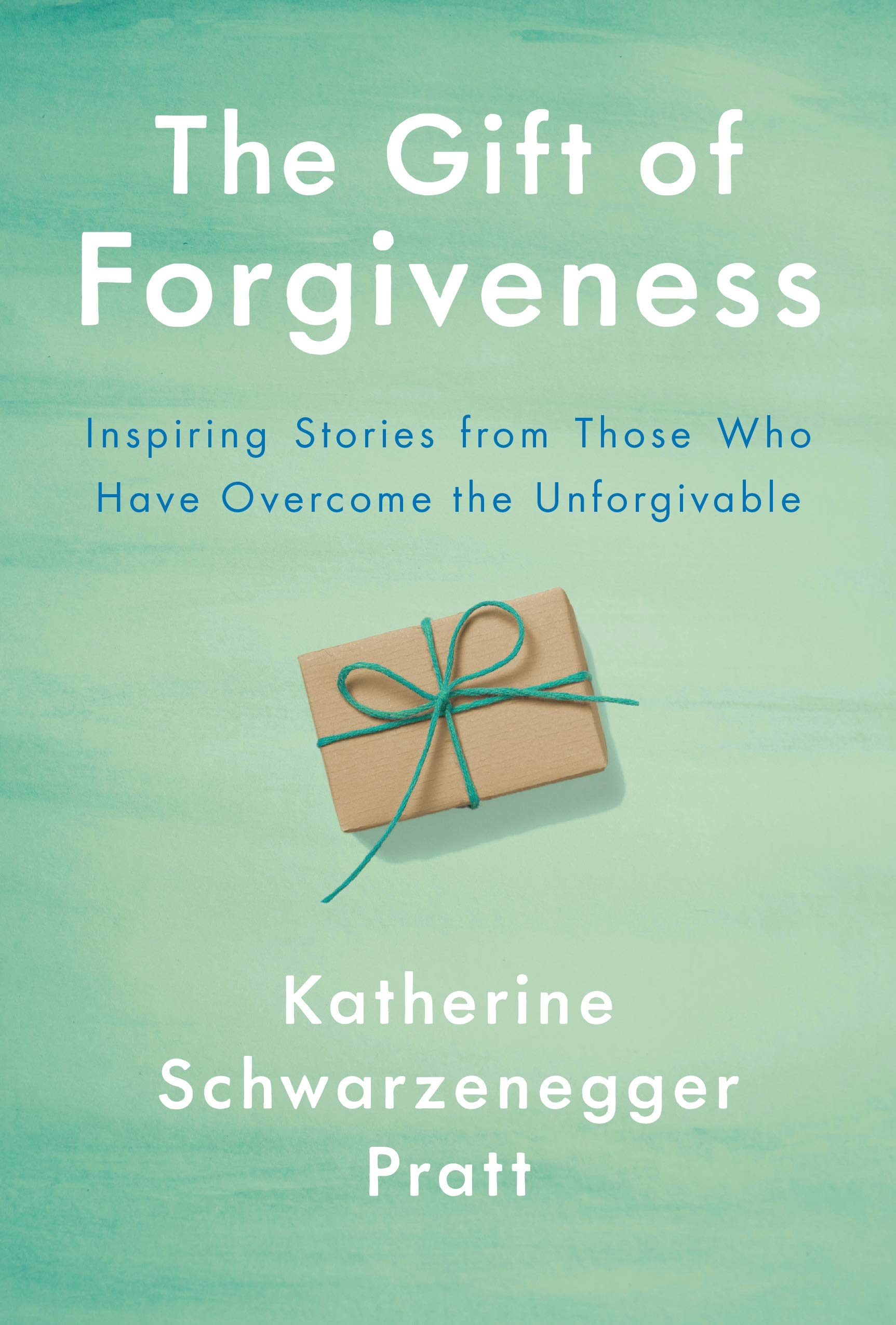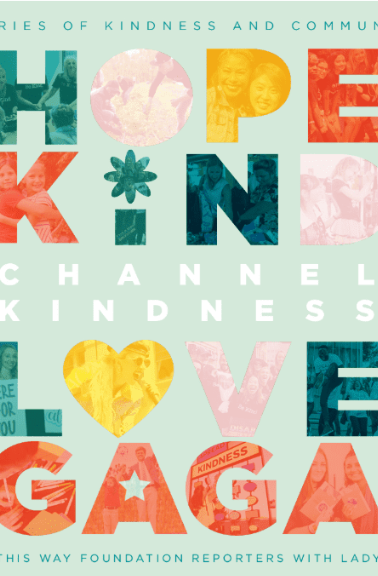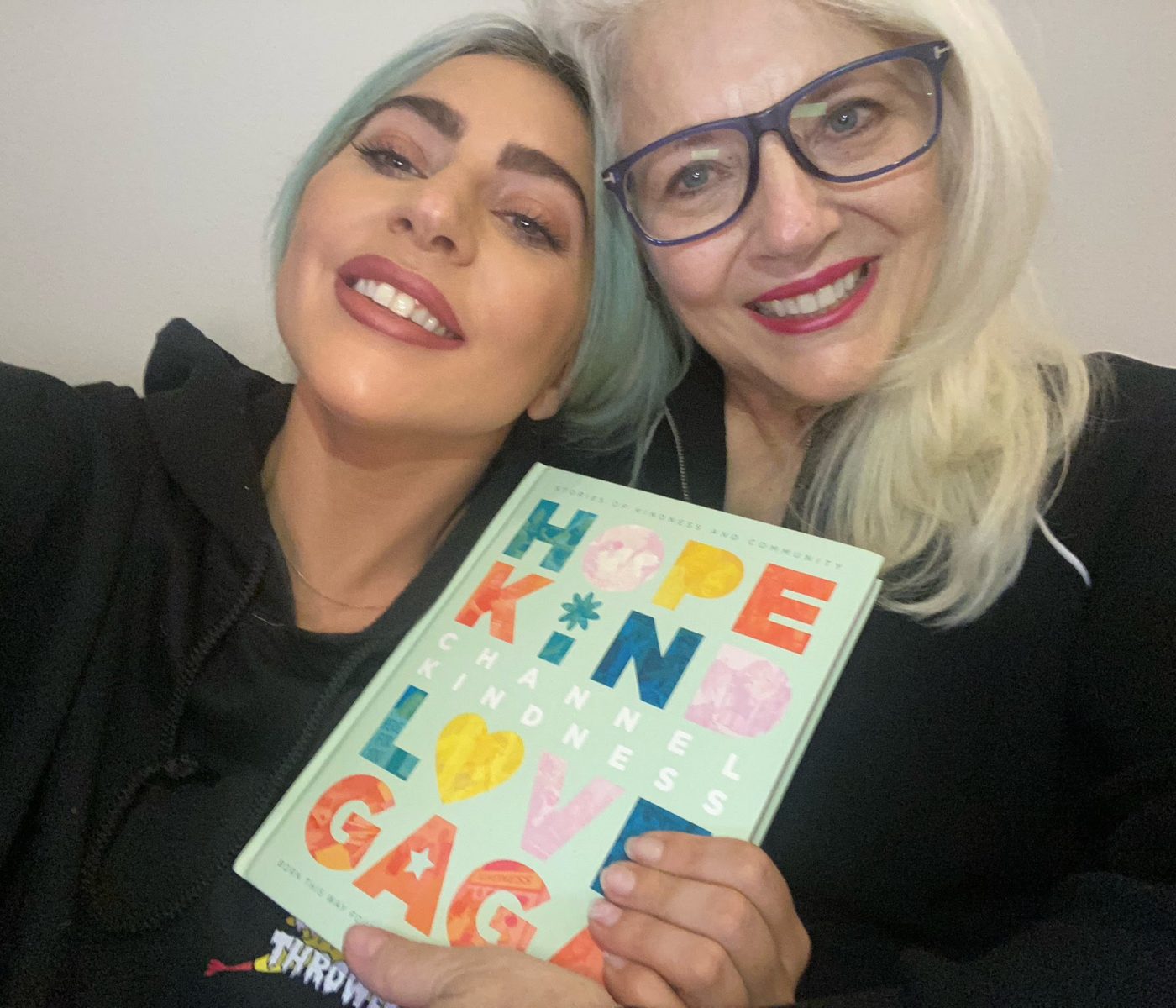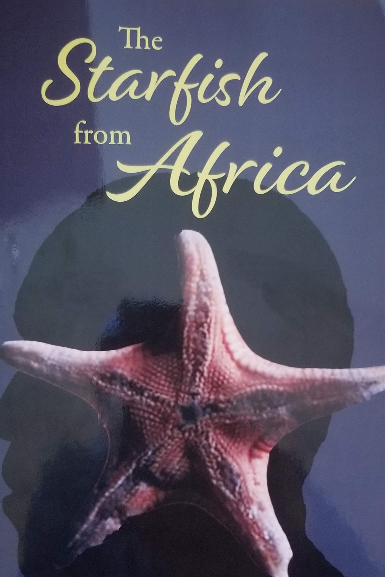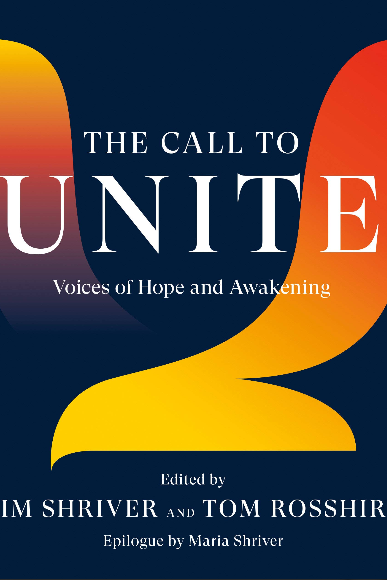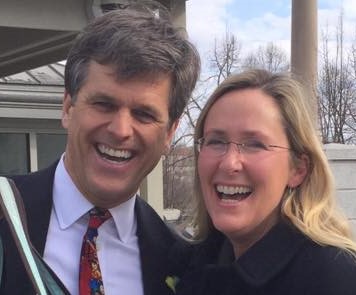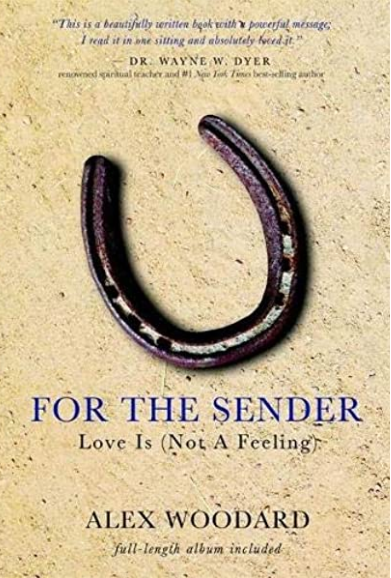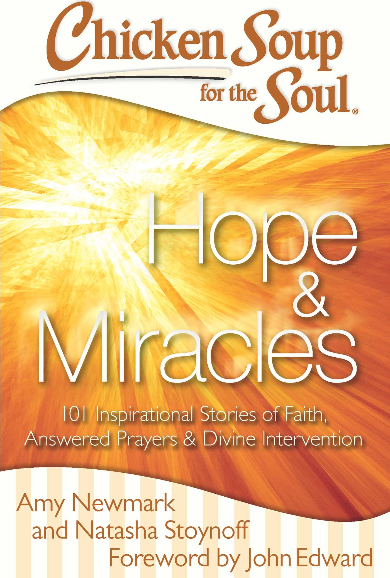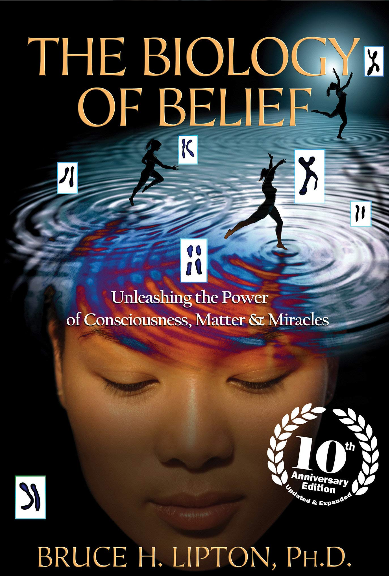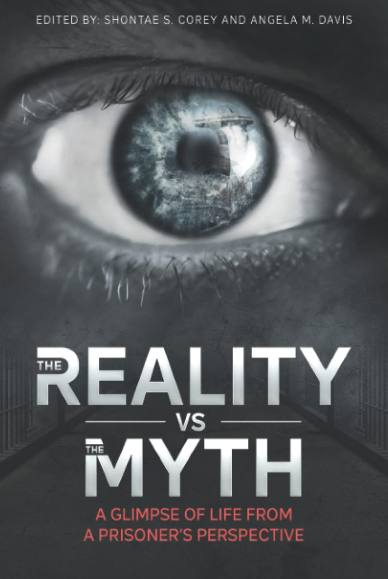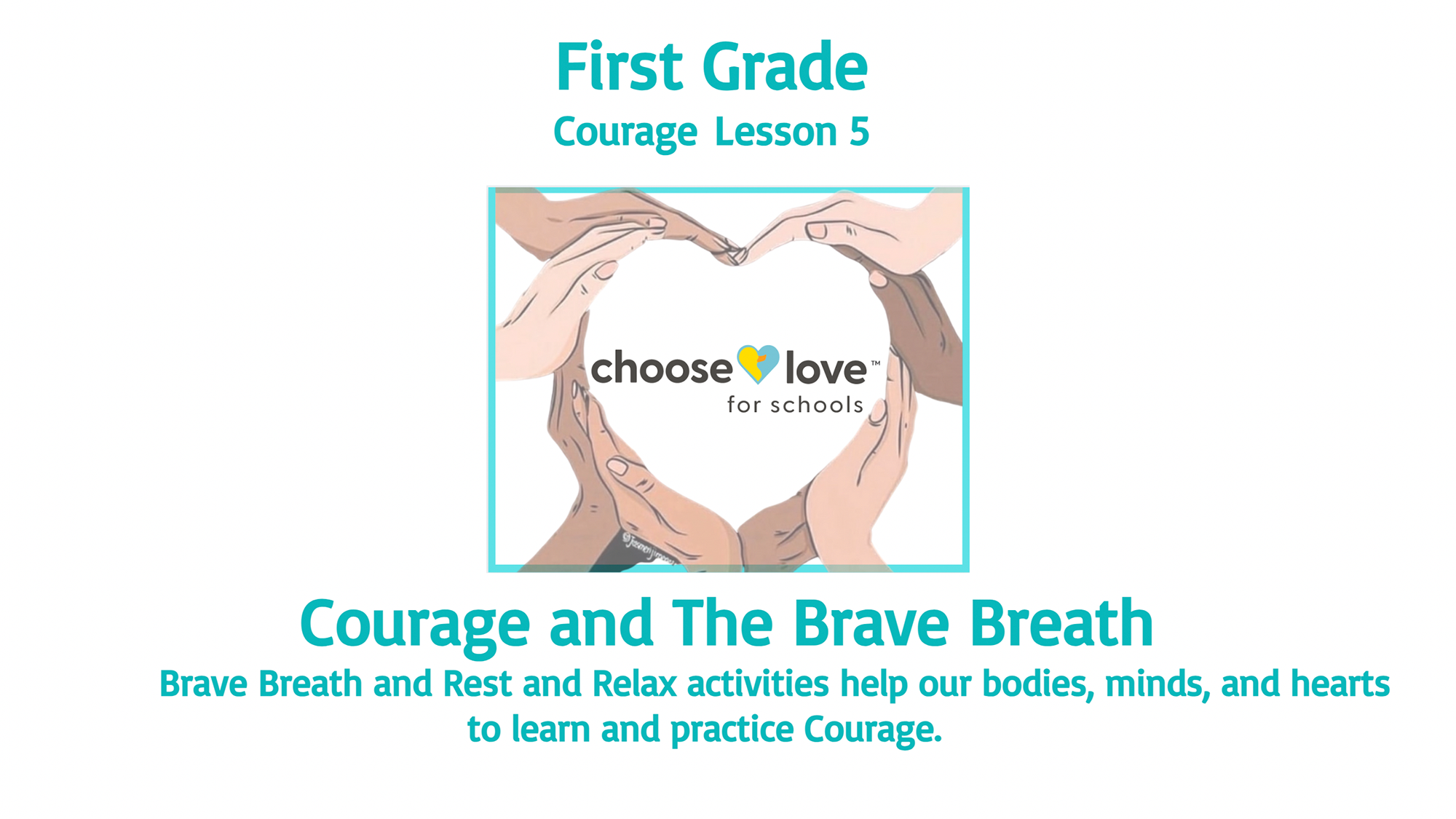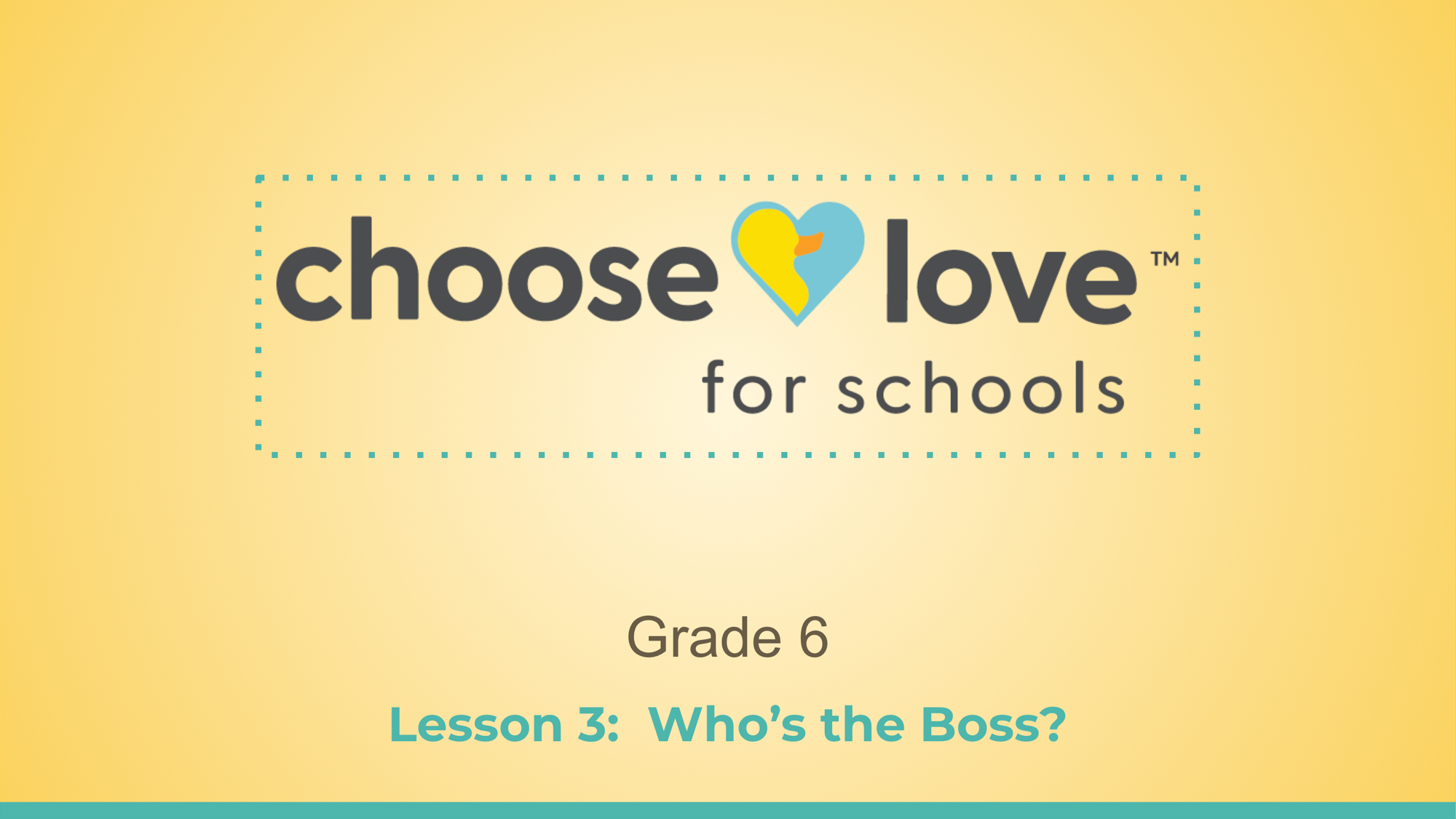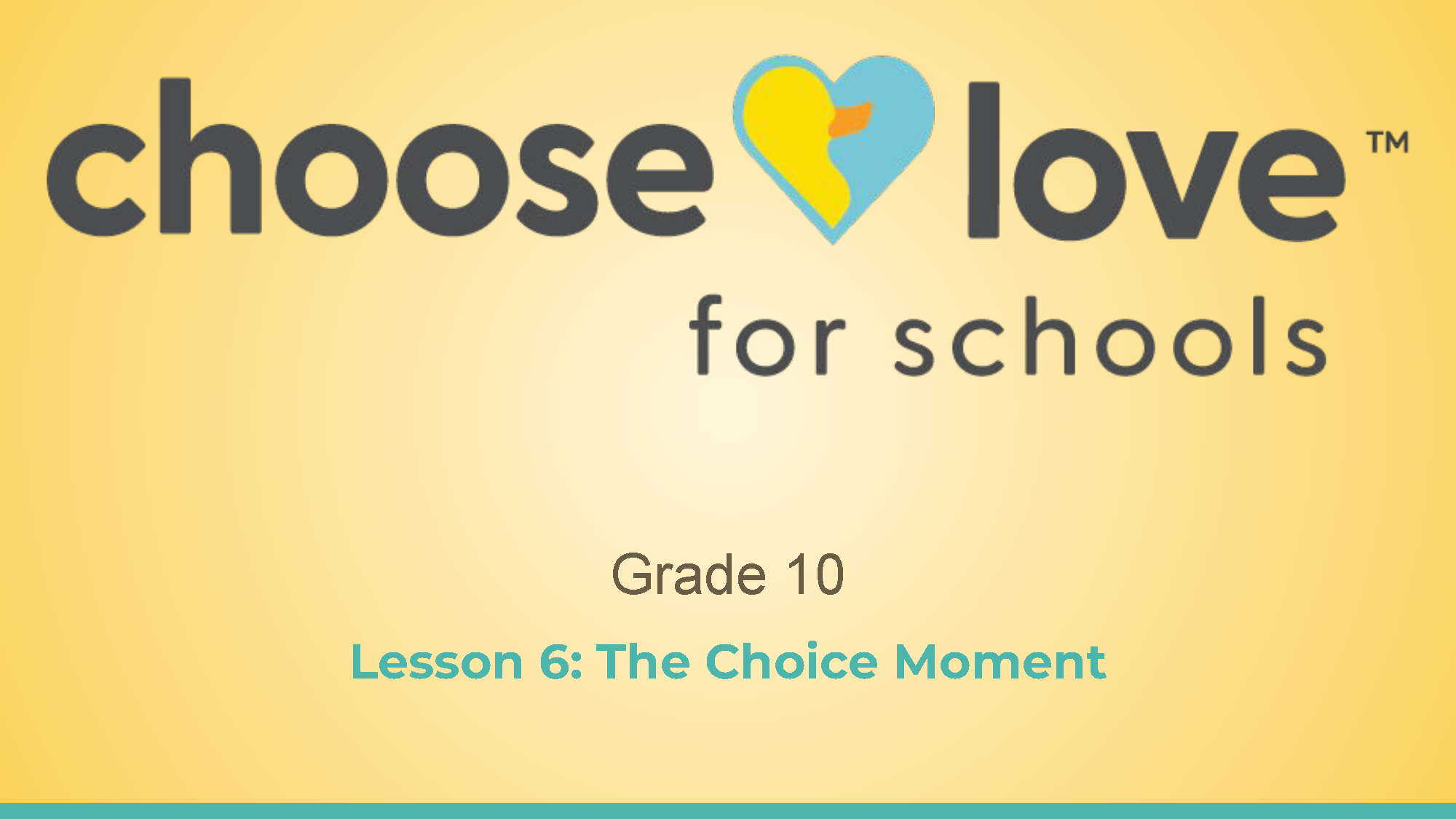Algorithms shape our lives in multiple ways every day from what we can buy at the grocery store to where and when we can travel on an airplane. They’re used to manage everything from determining stock sales and purchases to matching organ donors and recipients and they have all ‘sorts’ of names: bubble sort, bucket sort, and merge sort. They are mathematical equations used by machines to help people solve problems and bring a semblance of order to our everyday lives.
The programs, formulas, and sets of steps we—humans—sometimes try to follow to better ourselves and our relationships are also considered algorithms. Many of us look for steps, for example, that we can take to become physically stronger and/or intellectually sharper whether it’s following a specific diet or learning technique. We look to such programs to help us solve personal problems but they have a major weakness: they are almost exclusively focused inward. It’s a weakness because many sources of our personal problems also involve interpersonal relationships or, in other words, outward dynamics. To be human, after all, is relational…a person is defined by the interactions of both our inner and outer worlds.
We are shaped by not only our personal thoughts and beliefs but also our interpersonal experiences and actions. Our inner and outer beings are the co-authors of the music and rhythms that our lives dance to. Whether we find ourselves in a place surrounded with love or surrounded without love makes a difference in how we live our lives. Aren’t you more likely to have confidence moving forward through life if you felt “surrounded” in a protective, caring sense as compared to feeling that you are “surrounded” by nothing but lonely emptiness? All ideas and programs used to help us succeed in any aspect of life should be based on creating and maintaining an inner-outer balance.
We are born with a natural algorithm for succeeding in life, according to Jean Jacques Rousseau and Charles Darwin, that many of us unlearn as we interact in society: compassion. Darwin even called compassion “the almost ever-present instinct.” We unlearn it because society teaches that it is not important and even a sign of weakness. Think of what children learn in playground games such as “king of the hill” and “kill the carrier” (I won’t even get into video games). Do we really believe, as a society, that a rewarding life is based on the idea of attaining personal achievements at the expense of others? Practicing compassion helps to strengthen both our inner-personal and interpersonal lives and it can be relearned by following the algorithm of compassion:
LUCA= listen + understand + connect + act.
Read the full story at Dr. Chris Kukk’s website, Algorithm of Compassion.
Dr. Chris Kukk
Chris is Professor of Political Science at Western Connecticut State University, a Fulbright Scholar, Director of the Kathwari Honors Program, and founding Director of the Center for Compassion, Creativity & Innovation. He is also the author of “The Compassionate Achiever: How Helping Others Fuels Success” (HarperOne, 2017).



